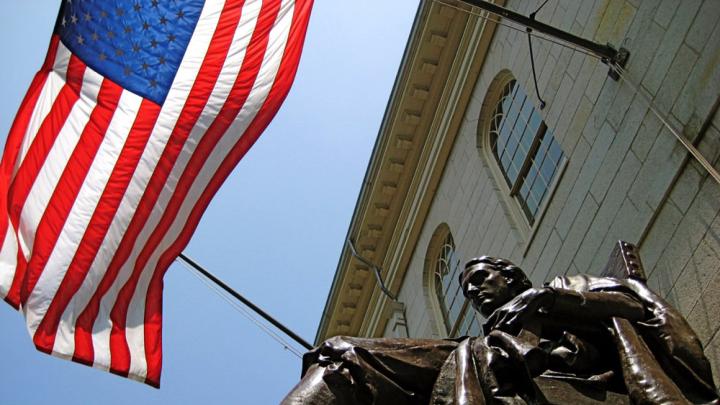The College admitted 14.5 percent of early-action applicants this fall, down from 14.8 percent last year, the University announced today. Of the 6,473 students who applied through the program, 938 were admitted (up from 6,167 and 914 last year, respectively).
Slightly more students in this year’s early-action group will be the first in their families to attend college, a common proxy for low-income status: 8.7 percent, up from 8.2 percent last year. The eventual proportion of first-generation students, including admits from both early- and regular-decision groups, tends to be somewhat higher. Last year, 15 percent of all admitted students were first-generation.
African-American students make up 12.6 of early admits, compared to 9.5 percent of last year’s group. Asian-American students make up 21.7 percent of admits, compared to 24.1 percent last year; Latinos make up 8.8 percent (9.5 percent last year); and 1.1 percent of admitted students identify as Native American or Native Hawaiian, compared to 1.6 percent last year.
Slightly more students report interests in the humanities and social sciences this year compared to last year—notable, given the recent growth in STEM concentrators. At the same time, the growth of Harvard’s engineering and applied science programs has “attracted more promising engineers and computer scientists than ever before,” reported Marlyn McGrath, director of undergraduate admissions, in a press release.
A decade ago, Harvard had decided to abandon the early-action program, arguing that it favored applicants from affluent families. Only Princeton and the University of Virginia made similar reforms, and early-admissions programs at other colleges meanwhile continued to expand. Harvard and Princeton both brought back early action in 2011. “Many highly talented students, including some of the best-prepared low-income and underrepresented minority students, were choosing programs with an early-action option, and therefore were missing out on the opportunity to consider Harvard,” Faculty of Arts and Sciences dean Michael D. Smith said at the time. Then-president of Princeton Shirley Tilghman said, “In eliminating our early program four years ago, we hoped other colleges and universities would do the same, and they haven’t.”
Now, “Early admission appears to be the ‘new normal,’” said dean of admissions and financial aid William R. Fitzsimmons. “At the same time, we have continued to stress to applicants, their families, and their guidance counselors that there is no advantage in applying early to Harvard. The reason students are admitted—early or during the regular action process—is that their academic, extracurricular, and personal strengths are extraordinary.”
University officials credit the strength of Harvard’s financial-aid program, which makes attendance free for students with family incomes under $65,000, for attracting applicants. The College also recently introduced a new, experimental program that awards $2,000 grants to freshmen from the same demographic, which they may spend on course books, dining out, or any way they choose. The grants “have received a great deal of attention as we have recruited nationally and internationally this year,” said Sarah C. Donahue, Griffin director of financial aid. The University also announced this week that it would join an initiative to increase the number of low- and middle-income students at top universities.
Harvard’s early action program is non-binding, meaning that students who are admitted early are not required to matriculate.








